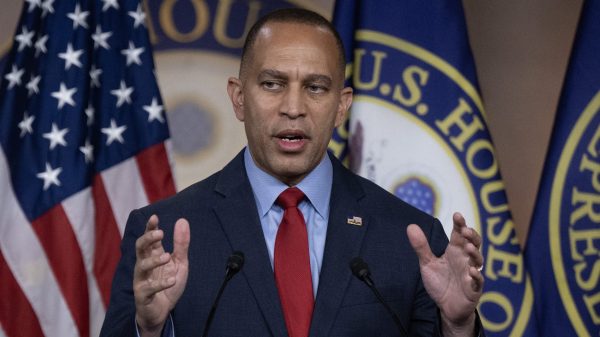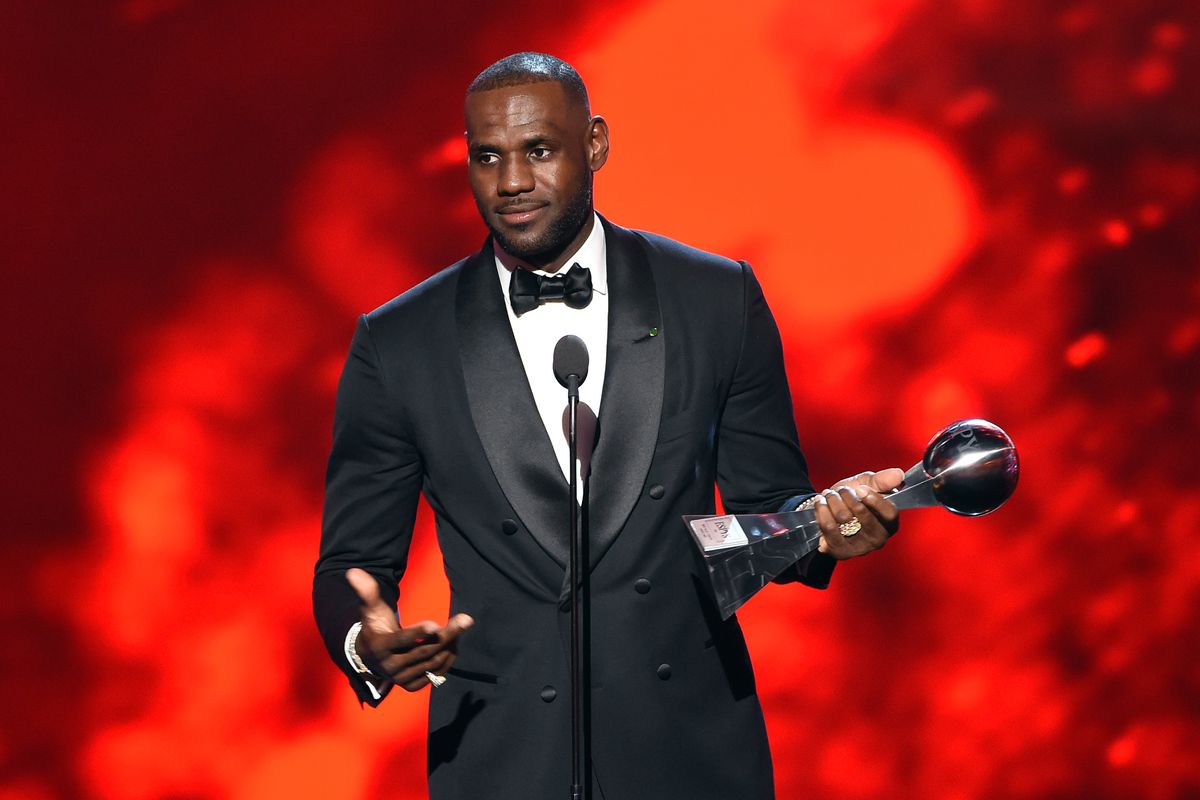Jeffries hopes Supreme Court will have ‘compassion’ in case that could criminalize homelessness
The House minority leader told theGrio “it would not be a shock to anyone” if the high court ruled against […] The post Jeffries hopes Supreme Court will have ‘compassion’ in case that could criminalize homelessness appeared first on TheGrio.

The House minority leader told theGrio “it would not be a shock to anyone” if the high court ruled against unhoused Americans, who are disproportionately Black and brown.
Next week, the U.S. Supreme Court will take up a case that will determine whether to criminalize unhoused people for sleeping on the street.
TheGrio caught up with House Minority Leader Hakeem Jeffries, D-N.Y., following his weekly press conference on Friday. He told theGrio, “It would not be a shock to anyone” if the conservative majority decided to criminalize homelessness.
The New York congressman said the Supreme Court has already stripped “reproductive freedom from the women of America and detonated affirmative action.”
Jeffries added that by doing so, the court is “undermining the principles of diversity, equity, and inclusion in our society.”
However, the House Minority leader hopes the justices will have “compassion” and make a decision that aligns with the desire of most Americans.
If the court decided to criminalize the unhoused population it would have devastating effects on Black and brown people.
In a previous interview with theGrio, Donald Whitehead Jr., executive director for the National Coalition for the Homeless, said white men make up the largest demographic of the unhoused community. However, Black and brown people are disproportionately impacted by homelessness.
“African Americans make up 13% of the general population and make up around 40% of the homeless population,” said Whitehead.

The majority-conservative court will hear oral arguments on Tuesday in the case of Grant Pass v. Johnson. The justices will answer the legal question of whether cities across the nation are engaging in “cruel and unusual punishment” and subsequently infringing on unhoused individuals’ Eighth Amendment rights by controlling where they sleep.
In 2023, members of the homeless community filed a class action complaint against the city of Grant Pass, located in Oregon. The plaintiffs argued the city has enforced unconstitutional ordinances that mandate when and where they can rest.
The ordinances in question prohibit unhoused individuals from using cardboard boxes, pillows, or blankets while sleeping on public streets, sidewalks, or alleyways at any time. The law also forbids those experiencing homelessness from sleeping in their cars in a parking lot for two or more hours between midnight and 6 a.m.
A district court originally took on the case and issued a permanent injunction to bar the city from enforcing the ordinances during certain times of the day and at certain locations in the city, The city appealed the injunction, yet the U.S. Court of Appeals for the Ninth Circuit affirmed the lower court’s ruling. As a result, the city of Grant Pass petitioned the U.S. Supreme Court, which granted certiorari.
U.S. Rep. Jamaal Bowman, D-N.Y., told theGrio that it would be “inhumane” if the court ruled to criminalize the unhoused population.

“It would capture how our democracy is continuing to be degraded by fascist far-right wing Supreme Court looking to maintain the caste system in America,” said Bowman. “Instead of building more homes, we’re putting more people in jail.”
On Thursday, U.S. Rep. Cori Bush, D-Mo., held a press conference in front of the steps of the U.S. Supreme Court to urge the justices not to criminalize homelessness.
Bush told theGrio that if the court rules against unhoused individuals it will send a message that their lives “don’t matter and that they are less than the rest of society simply because they don’t have a house.”
She told reporters that increasing housing and making housing affordable is the right solution, not criminal punishment.
U.S. Rep. Suzanne Bonamici, D-Ore., agreed with Bush. She told theGrio that affordable housing is necessary to quell homelessness and that despite what critics say, shelters are not always the solution.
“Sometimes shelters aren’t available … and some aren’t safe,” said Bonamici. She added that is why it is important “to have services available … to ensure that people are safe and secure.”
Congresswoman Bush said that in the event the court renders an unfavorable decision in a few months, she and other members of Congress will continue to work with nonprofit organizations “to come up with a solution” to protect the unhoused population.
Never miss a beat: Get our daily stories straight to your inbox with theGrio’s newsletter.
Recommended Stories
- Jeffries hopes Supreme Court will have ‘compassion’ in case that could criminalize homelessness
- Members of Congress put pressure on Biden to grant protections for Haitians fleeing to the U.S.
- Members of Congress unveil Harriet Tubman coin collection
- Maryland lawmaker ‘surprised’ by FBI probe into collapsed Baltimore bridge
- Florida map ruling is a loss for Black voters and ‘uphill battle’ for Dems hoping to win back House majority
- Justice Ketanji Brown Jackson’s concern about abortion drug case hints at Supreme Court ruling outcome
- Congress axing Office of Diversity and Inclusion slammed as ongoing Republican attack on ‘woke’
- Maryland Senate candidate Angela Alsobrooks highlights endorsements after opponent Rep. Trone uses racial slur
The post Jeffries hopes Supreme Court will have ‘compassion’ in case that could criminalize homelessness appeared first on TheGrio.









![Brandy Reveals She Wants Vegas Residency With Monica After ‘Boy Is Mine Tour’ [Video]](https://150893825.v2.pressablecdn.com/wp-content/uploads/2025/06/brandy-monica-tour-residency-vegas-2025-thatgrapejuice.webp)


